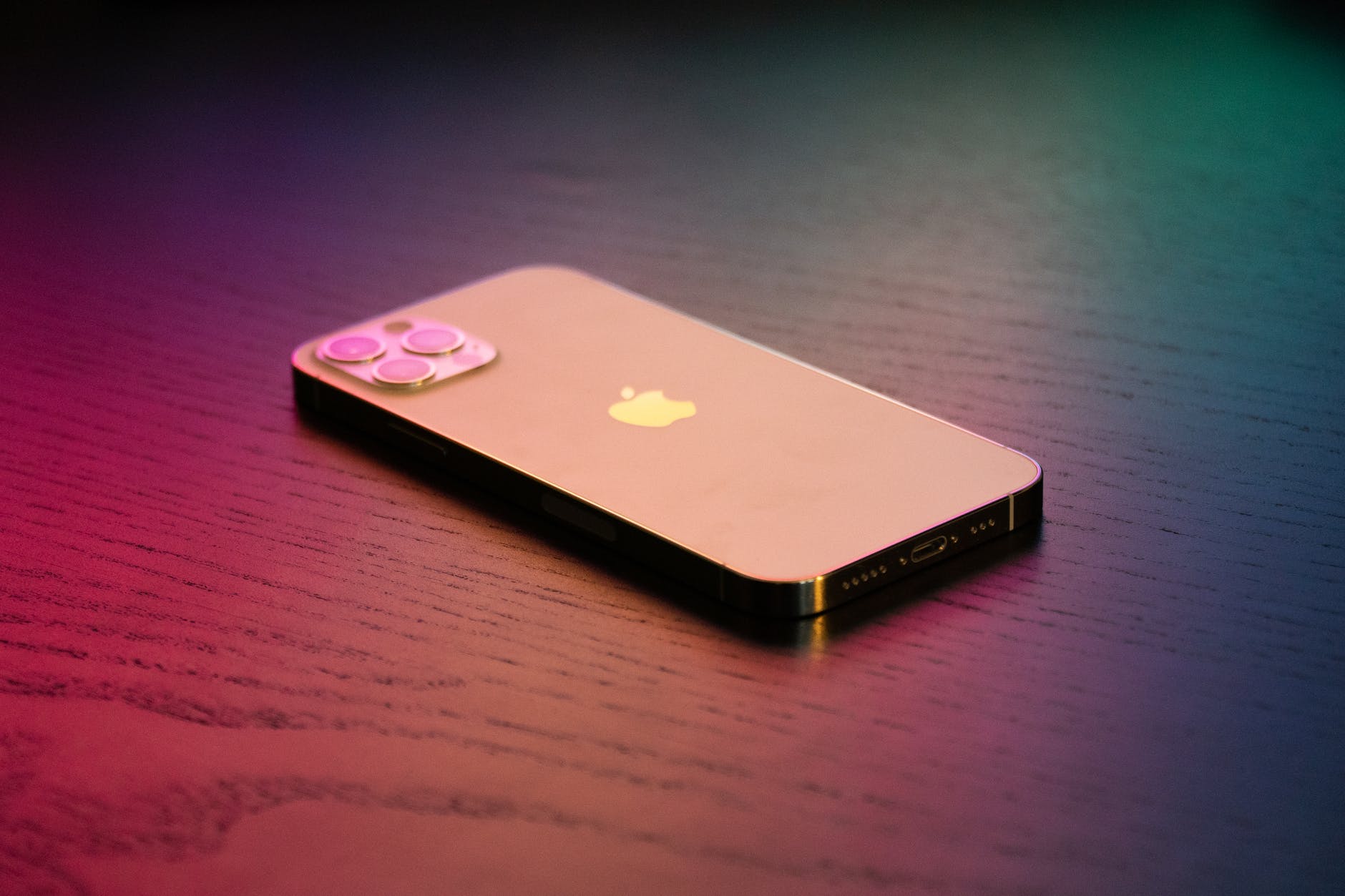The IMEI number is practically the identity of your phone. Every mobile device comes with this code, usually related to the mother’s board, and it’s used to track and locate a specific device, mostly when it’s stolen or lost. It’s a universal way to identify a particular mobile device since it’s not changed when the thief is changing the SIM card, or reset the settings.
Many people are afraid that the government is following them because those numbers are written all over their phones, but the truth is that these numbers are there for practical reasons. When your phone is stolen, you need to call the police, so they can write down the IMEI number that you still have on the box of the phone. Their trackers can follow the device, and in some cases, they can track it even when in neighboring countries.
Every IMEI number is unique for a particular device. If you want to file an insurance policy for your belongings, and you want to include your expensive smartphone in it, you will anyway need to provide this number, because, as we said, it’s the identity of your device. It’s also available in the phone settings, on the box, it’s written all over the mother’s board, and even you can find it if you type the combination *#06# in the dial tab – the IMEI number will appear on the display.
And here are a few reasons why these digits are important for your device:

-
Theft prevention
When your phone is stolen, you can tell that to the police and network provider, so they can put the IMEI code on their list of stolen devices. Their trackers can easily find the phone the first time it’s turned on, they will spot it, and find the thief. But, you need to remember that these people are professionals, and they won’t turn it on until they get it out of network, mostly in neighboring countries. But, if your country has some diplomatic relationships with the police there, they can start the search too. The operator also has the rights to block that phone if turned on while on the network, until the police find it, and get back to the owner.
-
What’s the purpose?
As we already mentioned at the beginning of this article, the IMEI number is the same as the ID number, but for a mobile device. Theft prevention is the main purpose, and that’s the reason why we put it in the first place. If your device is stolen, then you need to tell that the carrier and police. Keep in mind that if they want to manipulate the number, they will have to damage the phone. When the IMEI is put on a blacklist, and the network will lock it out of the network, and reset it when the device is back to the original owner.

-
You can track it by yourself
There are online services that are useful if you’ve lost it, or you don’t know where did you put it. You can check imei24.com to see how it works. But keep in mind that the free services won’t provide the exact location until you pay for it. Also, the results can be useful, but they aren’t formal, and if your phone is stolen, and you locate it through the IMEI finder, you need to share that information with the network provider and police. Don’t act by yourself, because you can go against the law if you do that.
-
All devices have it
The number you get from the *#06#, the print on the device, and on the box, should always match. Even if a digit is different, then chances are your device is somehow manipulated. In some countries, depending on the standards and requirements, this code may not exist. If your device doesn’t have it, then it was originally made for another region or area, not for yours. But, in general, if there is no IMEI number on your device, probably is not legal, and you must tell that to the police because surely there is something hidden behind that.

-
You can discover if you have an original device or a fake one
This number contains important information about the origin and manufacturer. If it doesn’t match the box, then the device is at least somehow manipulated, or even fake. It’s a huge crime, and if you are suspicious something like that is happening to you, then you will have to call the police and give them the device for investigation. In some countries, the buyer can sue the seller, and get a lot of money from that. But, if the seller is unknown, there is nothing you can do, except to leave the police to do their job.
Conclusion
If you plan to sell your phone, the buyer may ask you to provide the IMEI number, so they can make sure you are selling them a legit device. Also, you have to be careful, because sometimes they want to phish you, and if something doesn’t sound right to you, then you shouldn’t give it away. On the other hand, if you want to buy a used phone, you will also want to know if it’s legit and if the IMEI number matches the box. But, you need to try to be as polite as you can, so they can collaborate, without any hidden agenda.
Make sure you always keep a written copy of this number with you. In case your smartphone is stolen while you are out, you can immediately go to the police and tell them what happened, providing them the code, so they can put it on a list, and eventually find it soon.
Keep in mind that this is personal information related to your device, so you behave responsibly with it, just like you’ve done it with your personal ID card, or any other important document of yours.
We hope that you won’t even need to use it to look for your stolen or lost phone.

